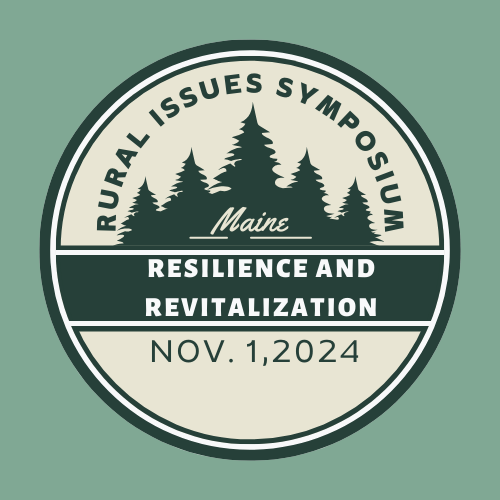
How People, Place, and Technology Fit: Participatory Methods to Support Community Resilience in Ocean Renewable Energy Siting
Description
Ocean renewable energy (ORE) such as offshore wind holds the potential to mitigate climate change at the scale needed to meet the ambitious renewable energy goals of Maine and the U.S. However, ORE projects will affect Maine’s rural and coastal communities in unknown ways, and social opposition continues to challenge developers and the states who seek to host them. We use the concept of “place-technology fit” to describe the degree to which a given energy project is suited to a place, as determined by place-specific values, beliefs, meanings, economies, and ecologies, as well as social and cultural identities. We used a knowledge coproduction approach and found, in contrast to a public framing of offshore wind as a binary conflict, a deeply nuanced spectrum of perspectives assembled from nested individualist and collectivist cultures. Both proponents and detractors of offshore wind share values of responsibility to past and future legacies, a deep distrust for an “already baked” process, and an obligation to uphold the public position of their social group (for or against offshore wind). Participants indicated that ORE development processes disrupt traditional formal and informal processes that have guided ocean decision making in Maine in recent decades. Identifying how these factors influence place-based social acceptance can potentially facilitate appropriate development, allowing states to meet mandated climate mitigation goals while respecting and including diverse rural stakeholder livelihoods and needs.


